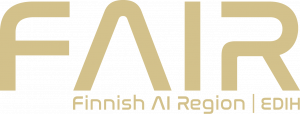

Algorithmic management spreads across Finnish workplaces – younger workers show greater acceptance than their older colleagues
Preliminary findings from the RoboBoss survey reveal that 49% of Finnish professionals in expert, knowledge, and management roles have encountered algorithmic management in their workplace. Despite this widespread exposure, human managers continue to be the overwhelmingly preferred choice.

Text: Martti Asikainen, 17.6.2025. Photo: Adobe Stock Photos

A comprehensive nationwide survey examining Finnish attitudes towards algorithmic management, where artificial intelligence or automated systems assume traditional supervisory responsibilities, demonstrates the enduring preference for human oversight.
The survey conducted by Haaga-Helia University of Applied Sciences, based on responses from over 1,700 specialists, office workers, and managers, shows human managers decisively outperforming automated systems across virtually all management functions.
This preference is most pronounced in areas requiring personal interaction, such as performance recognition and employee rewards, domains where workers categorically reject machine decision-making.
Algorithmic management already embedded in many workplaces
Though machines haven’t captured hearts and minds, algorithmic management has quietly established itself across Finnish organisations. Workers report regular interaction with automated systems that monitor working hours, evaluate performance metrics, and distribute work assignments.
The technology’s adoption correlates strongly with company size. Medium-sized enterprises (249-999 employees) demonstrate the highest implementation rates, whilst smaller companies (under 10 employees) show minimal adoption. This pattern suggests that organisational complexity drives algorithmic management deployment.
Notably, employees performing more routine, less knowledge-intensive work report greater exposure to algorithmic management systems. This finding indicates that standardised, repetitive tasks are more amenable to automated supervision.
Generational divide shapes acceptance
Age emerges as the most significant factor influencing attitudes towards algorithmic management. Workers under 40 demonstrate markedly more positive attitudes, with the preference gap between human and algorithmic managers narrowing considerably across all management styles. Younger employees also exhibit greater willingness to share personal data with automated management systems, readily providing salary information, voice recordings, workplace video footage, and even personal wellbeing metrics.
Intriguingly, the survey reveals unexpected patterns in participation preferences. All respondents over 65 expressed strong interest in participating in management system selection and implementation processes. The under-30 demographic ranked second in engagement levels, whilst the 51-64 age group showed least interest, with 11.5% rejecting any involvement in decision-making processes.
Machines excel in fairness and objectivity
Automated systems receive their strongest endorsement in equality and fairness metrics. Survey participants consistently rated algorithmic management as more impartial and less discriminatory than human counterparts. This advantage proves statistically significant, particularly in supportive management styles and performance monitoring contexts.
Counter-intuitively, increased surveillance correlates with greater trust. The more extensively computer systems monitor working hours, location, or break patterns, the more employees trust their decision-making processes. Workers perceive these assessments as objective and consider automated task distribution inherently fairer.
Trust and technology adoption drive preferences
The research reveals that strong supervisor relationships and high confidence in employer commitments amplify the preference for human management. Conversely, active artificial intelligence users show reduced preference gaps, and in controlling management scenarios, machines can actually surpass human managers in popularity.
Data sharing reveals selective employee attitudes. Workers most readily share time-tracking data (59%), professional qualifications and training records (54%), and work quantity and quality metrics (53%). However, workplace video surveillance meets strong resistance, with 66% of respondents opposing such monitoring.
Inevitable transformation ahead
Despite reservations, nearly 90% of respondents anticipate increased algorithmic management adoption within five years. Senior managers express even greater optimism about this technological shift than their specialist and administrative staff.
The RoboBoss survey’s preliminary findings confirm that organisational transformation is inevitable, but success depends critically on implementation approach. Employees demand meaningful participation in system selection and deployment, particularly those in knowledge-intensive roles who embrace technology.
Whilst machines haven’t yet displaced human managers in Finland, the competitive landscape is evolving rapidly. Success will depend on organisations’ ability to build trust and maintain inclusive decision-making processes as algorithms assume traditional managerial responsibilities.
About the RoboBoss project
The RoboBoss project examines algorithmic management specifically within specialist and knowledge work environments, sectors where artificial intelligence’s managerial role remains poorly understood. Project funding comes from the Work Environment Fund, Haaga-Helia University of Applied Sciences, and industry partners including Abloy Oy, Foibekartano Oy, Jensen Hughes Oy, Kesko Oyj, Sympa Oy, and Vetcare Oy.
Contact us
If you have any questions, feel free to contact us using the information below.

Anna Lahtinen
Project Manager, Senior Researcher
+358 294471253
anna.lahtinen@haaga-helia.fi

Janne Kauttonen
Senior Researcher
+358 294471397
janne.kauttonen@haaga-helia.fi

Martti Asikainen
RDI Communications Specialist
+358 44 920 7374
martti.asikainen@haaga-helia.fi


Finnish AI Region
2022-2025.
Media contacts